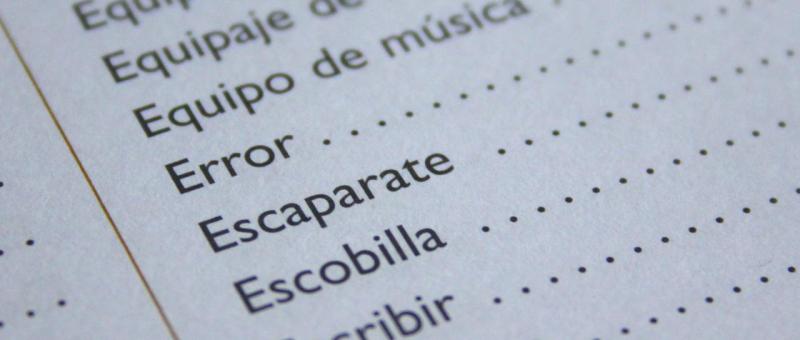Did you know that analyzing your own language learning can significantly boost your results?
I’ve talked about how to learn a language with an old brain.
Recently, I’ve come across new research into tactics that can help adults learn language.
And it all has to do with how adults learn, which is explicitly, rather than implicitly.
Explain, Please…
Adults require a certain clarity when they’re learning, especially when it comes to the elements of a new language.
They tend to lean heavily on their native language to help them understand the mechanics of a foreign one.
Therefore, one useful technique to learning language is to keep a diary that enables the adult student to write down the connections they’ve made during their language lessons.
Remembering and replaying these connections is what locks vocabulary, sentence structure, and one’s overall understanding of the language in the memory’s vault.
The Research
A study into this technique looked at a group of language students at a Scottish university studying Spanish as a foreign language.
Using their native language (English), they were asked to explain the new language they were learning, including its characteristics, their focus, and what links the language had to English.
Diaries were introduced to three classrooms of 38 students, and after each lesson, they were asked to write out what they’d learned in the lesson and what similarities and differences they’d noticed compared to English.
According to a focus group interview after a period of time, it was found that the analysis and reflection of each lesson’s substance boosted student performance and gave them confidence.
They were able to better recognize language errors, articulate how each language worked, and identify and understand the different grammatical rules and other distinctions between the languages.
Not only this, but the written accounts of each lesson helped students memorize what they’d learned.
Personalized Language Learning
Another interesting takeaway from the study was that the answer to the question, “What did you learn in today’s lesson?” differed widely amongst students.
Each lesson had specific learning objectives, so it was expected that there would be similar answers, but that wasn’t the case.
This goes to show that each student progresses at his or her own pace, and language learning is particularly personalized, with each student learning something different from any one lesson.
